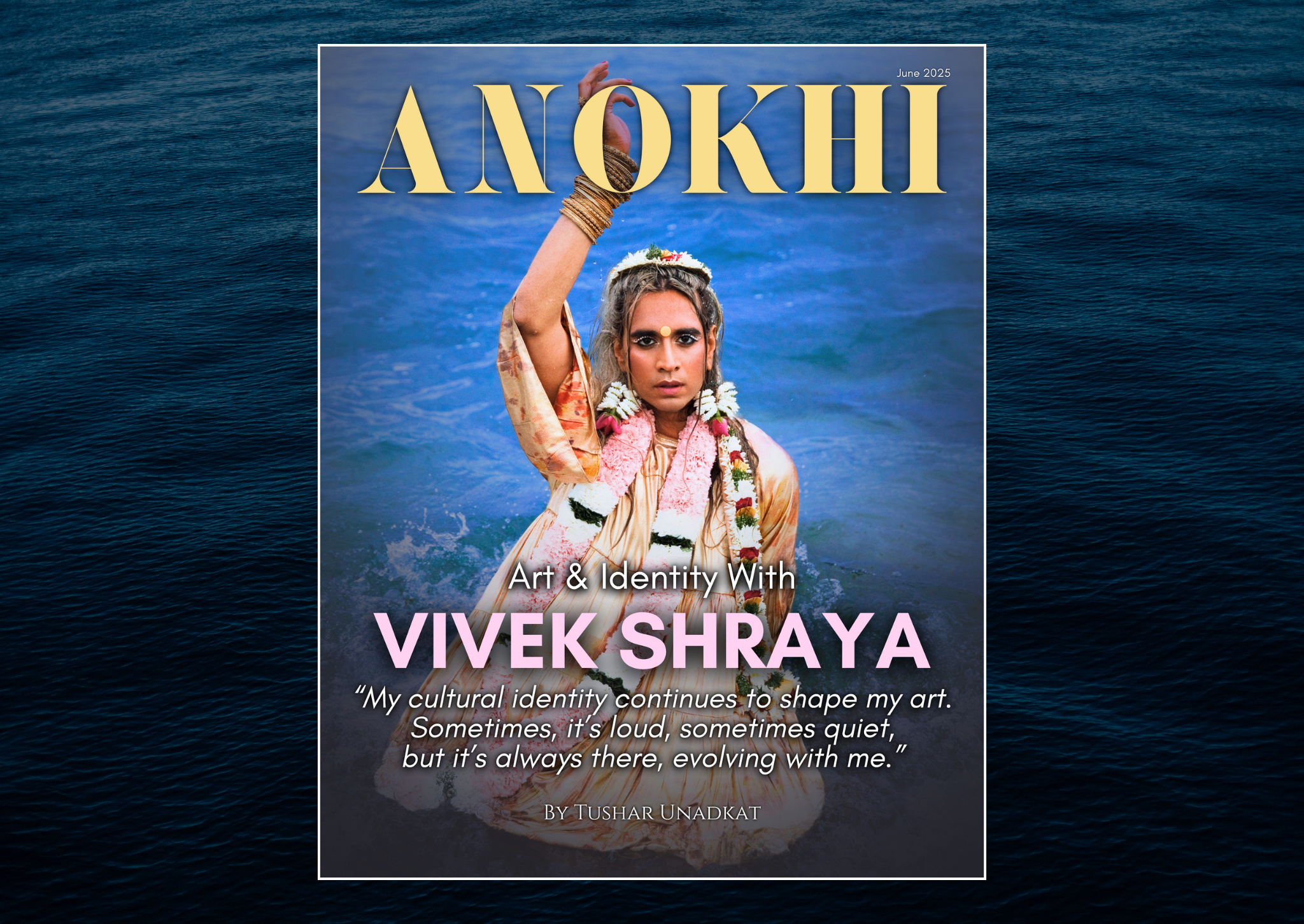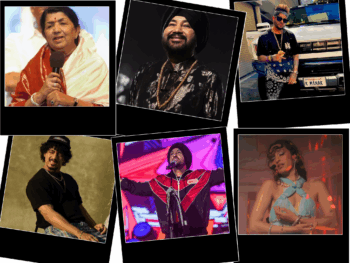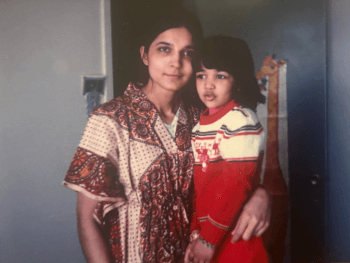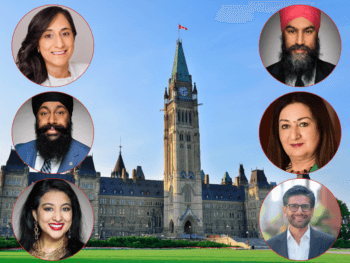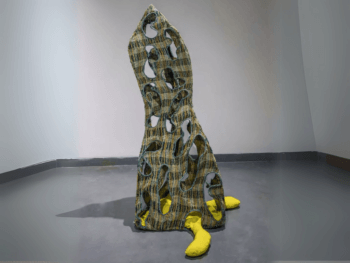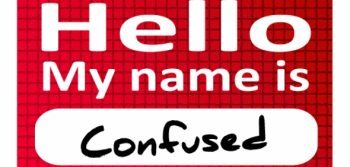
We've seen it happen where one's South Asian name is transformed into an Anglicized one. But in this day and age of cultural awareness is it really necessary?
In William Shakespeare's Romeo and Juliet, Juliet argues, “What's in a name? That which we call a rose by any other name would smell as sweet.”
According to Shakespeare, names are not as important as characteristics. Regardless of your name, you have personality traits that make you unique. If you're funny, that will remain regardless if you're called Rupinder or Ron.
But according to Rachel Ingber, “A name represents identity, a deep feeling and holds tremendous significance to its owner.”
Regardless of which side resonates with you, the trend of altering authentic South Asian birth names to more common English names is undeniable. I’m not referring to instances where families give nicknames. If you've grown up with a shortened version of your legal name that's one thing but making the conscious choice to Anglicize it as an adult is another.
Worldwide, Indians contribute to approximately 17.5 per cent of the entire population. That's a lot of people. Why, despite the large population, is there still a trend in altering original Indian names?
Why have I dealt with students who decide upon graduation that they will alter their name in hopes of having an easier transition into the corporate world? I’ve seen grown adults go from Jasvinder to Jesse, Sushmita to Sue and have been asked far too often why I don’t change my name from Rachna to Rachel. Why do so many Indians change their birth names?
Is it due to embarrasment as a teenager from teachers mispronouncing their name on a daily basis? Is it because browsing jewelry stores, the likelihood of finding a trendy name chain that says Suman is unlikely? Is it because it gets tiresome repeating your name during introductions (in particular when loud music is involved)? Or is it because of a fear of getting overlooked during a job application — or should I say discriminated against?
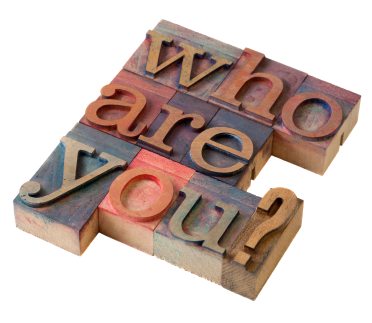
Photo Credit: www.prenuptialagreements.org
A study examined by the Globe and Mail in 2011, showed that in Canada, having a unique name can impact the chance of getting considered for a job. The research was done in the three most diverse cities (Montreal, Toronto and Vancouver). Shockingly, it demonstrated that employers were 40 per cent more likely to hire applicants with English-sounding names over ethnic-sounding names. That's concerning. It's important to note the study did not conclude the behaviour of the hiring team to be intentional discrimination. It was more of a natural, conditioned reaction to go with the more familiar.
Growing up in Canada with a less common Indian name that most people cannot pronounce, I’ve personally asked myself the question: Should I change my Indian name to a common English one? What are the potential cultural impacts on my South Asian heritage? Could there be an impact on my sense of self?
Let’s explore some of the pros and cons of a name change:
Pro: Ordering at Starbucks will be easier and will result in less spelling errors on your coffee cups.
Con: The Starbucks barista doesn’t get to practice spelling non-Anglicized names.
Pro: You won’t feel embarrassed because people can’t pronounce your name.
Con: Your parents may feel embarrassed that you’ve changed your name.
Pro: Your signature will be easier to read.
Con: You'll need two signatures since your legal documents have your birth name.
Pro: More people will easily learn your name.
Con: More people will easily learn your name. (Popularity is highly overrated.)
Pro: You'll fit in more.
Con: You won't be as unique.

Photo Credit: www.ebuzzedge.com
Pro: You'll be viewed as embracing Anglophone culture.
Con: You'll be viewed as denying your family’s heritage and culture.
Pro: Your career might progress faster.
Con: You’re contributing to the problem of workplace discrimination. This may sound harsh but the more ethnic names are changed to Anglicized ones, the less people and corporations get accustomed to diversity.
Personally, I’ve decided to stick with my birth name. It was chosen by my father and though not exact, the closest English translation is "beautiful creation." Feeling loved is empowering. It's a blessing. My name may not be all of me but it's a part of me.
I listen to stories of the challenges several of my elder family members faced when migrating to Canada, the U.K. and the United States between 1970 and 1990. Those challenges make my challenges of dealing with a mispronounced name feel laughable. To deny my name would in some way feel like denying the loving thoughts my father had when choosing it and my ancestral background.

Do whatever feels true to yourself.
Photo Credit: www.glogster.com
Considering all the pros and cons, there’s no one side that’s correct. No judgement should be placed on those who do change their name, especially if it's out of necessity for a job to support a family. Just ensure you’re not changing your name out of fear or a desire to fit in. Be yourself and you will really shine.
Main Image Photo Credit: www.alteksolutions.com
Rachna Sethi
Author
Rachna (@thesassyspiritual) is a graduate of the Applied Mindfulness Meditation program from the University of Toronto, a certified Educator with two bachelor degrees and a diploma in Art Therapy. She's dedicated to living with a compassionate approach. Committed to helping people integrate Mindfuln...








































































